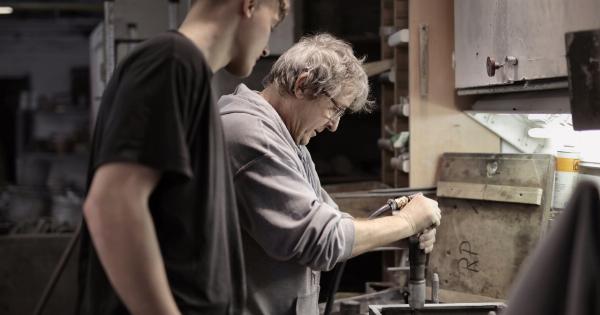Cancer is one of the leading causes of death worldwide, with an estimated 9.6 million people dying from the disease in 2018.
Hematological cancers, which affect the blood and lymphatic system, account for a significant proportion of cancer cases globally. Traditional cancer treatments, such as chemotherapy and radiotherapy, can be effective but often cause significant side effects and may not work for all patients.
However, the emergence of CAR-T cell therapy is changing the landscape of hematological cancer treatment and offers new hope to patients.
What are CAR-T Cells?
CAR-T cell therapy is a form of immunotherapy that uses the patient’s own immune cells to fight cancer. It stands for Chimeric Antigen Receptor T cell therapy.
The therapy involves collecting T cells, a type of white blood cell that plays a vital role in the body’s immune system, from the patient, modifying them in a laboratory, and then transfusing them back into the patient’s body. The modified cells, known as CAR-T cells, have been engineered to recognize and attack cancer cells in the patient’s body.
How Does CAR-T Cell Therapy Work?
The process of CAR-T cell therapy involves several steps:.
- Collection of T cells from the patient’s blood using a process called leukapheresis.
- Modification of the T cells in a laboratory to express chimeric antigen receptors (CARs) on their surface. These CARs are designed to recognize and bind to specific markers on the surface of cancer cells.
- Culturing and expanding the CAR-T cells in the laboratory.
- Transfusing the modified CAR-T cells back into the patient’s bloodstream, where they can seek out and attack cancer cells that express the targeted markers.
CAR-T cell therapy is a one-time treatment, and the infused cells can persist in the patient’s body for many years, providing long-lasting anti-cancer effects.
Which Types of Hematological Cancers can be Treated with CAR-T Cells?
CAR-T cell therapy has shown promising results in the treatment of several types of hematological cancers, including:.
- B-cell acute lymphoblastic leukemia (ALL)
- B-cell non-Hodgkin’s lymphomas (NHL)
- Chronic lymphocytic leukemia (CLL)
- Mantle cell lymphoma (MCL)
Research is ongoing to investigate the potential use of CAR-T cell therapy in other types of hematological and solid cancers.
What are the Benefits and Challenges of CAR-T Cell Therapy?
CAR-T cell therapy offers several potential benefits for patients with hematological cancer, including:.
- High levels of efficacy: Clinical trials have shown high response rates and long-lasting remissions in patients who have undergone CAR-T cell therapy for hematological cancers.
- No need for chemotherapy or radiotherapy: CAR-T cell therapy does not require traditional cancer treatments, which can cause significant side effects and may not work for all patients.
- Long-lasting effects: The infused CAR-T cells can persist in the patient’s body for many years, providing long-lasting protection against relapse.
However, CAR-T cell therapy also poses several challenges, including:.
- High cost: CAR-T cell therapy is an expensive treatment, which can put a significant financial burden on patients and healthcare systems.
- Severe side effects: The infusion of CAR-T cells can cause severe side effects, including cytokine release syndrome (CRS), which can lead to fever, low blood pressure, and organ failure.
- Limited availability: CAR-T cell therapy is currently only available in a limited number of specialized centers and may not be accessible to all patients.
What is the Future of Hematological Cancer Treatment with CAR-T Cells?
The future of hematological cancer treatment with CAR-T cells looks promising.
Ongoing research is investigating the potential use of CAR-T cell therapy in other types of hematological and solid cancers, as well as the development of new CAR-T cell therapies with improved safety and efficacy profiles.
Furthermore, the emergence of off-the-shelf CAR-T cell therapies, which use donor-derived T cells instead of the patient’s own cells, could address the challenges of limited availability and high cost associated with CAR-T cell therapy.
Conclusion
CAR-T cell therapy is an exciting new treatment for hematological cancers that offers a potential cure for patients who may not respond to traditional cancer treatments.
While the therapy poses several challenges, ongoing research is investigating ways to improve its safety and accessibility. The future of hematological cancer treatment with CAR-T cells looks promising, and many patients may benefit from this innovative form of immunotherapy.





























